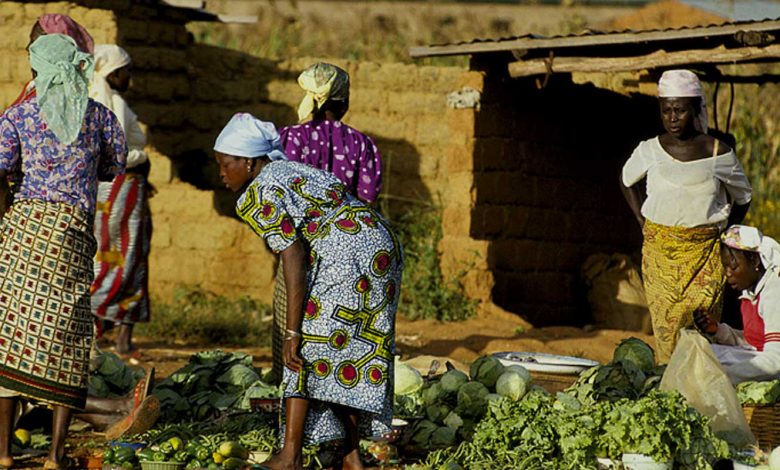
The number of severely financially distressed adults in Nigeria has surged to a staggering 74%, marking a concerning escalation from 62% reported in 2020.
This revelation surfaced from the recent Enhancing Financial Innovation and Access (EFInA) 2023 Access to Financial Services (A2F) Survey.
The survey, attended by key figures from the Central Bank of Nigeria, highlighted a distressing trend where most adults struggle to cover their monthly expenses or grapple with acute liquidity challenges.
The sharp increase from previous years signifies a deepening economic strain a substantial portion of the population faces.
Unlike previously, when a more significant proportion of the population lived in rural areas, the survey validated that there is a shift in favour of urban (55 against 45 per cent), a trend that could increase the pressure on infrastructure in urban centres and reduce the number of people involved in agriculture activities.
Even more concerning, the National Bureau of Statistics (NBS) unveiled demographic data curated from the archives of the National Population Commission (NPC), showing that the country’s resident population grew by almost 30 per cent in the past ten years from an estimated 167 million in 2012 to 216.78 million last year.
Economic development theories demand that the economy grow at the same speed to maintain, at least, the default living conditions of the people. Sadly, in the same period, the economic performance has been anaemic and sluggish, at best, ‘snailing’ at less than an average of three per cent, from $464 billion to $477.4 billion.
